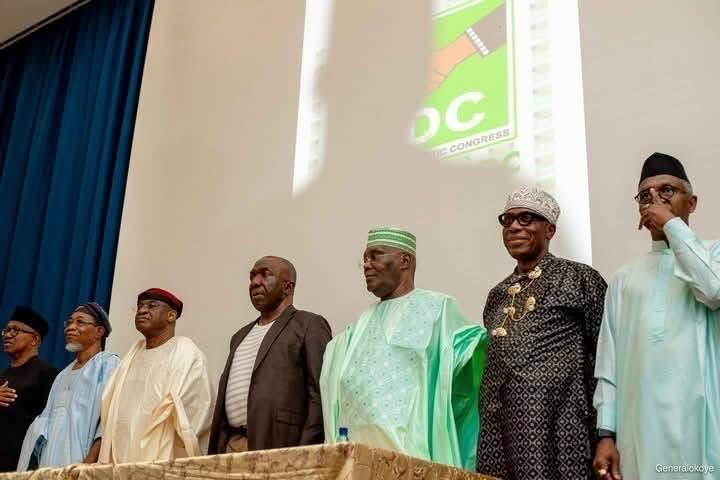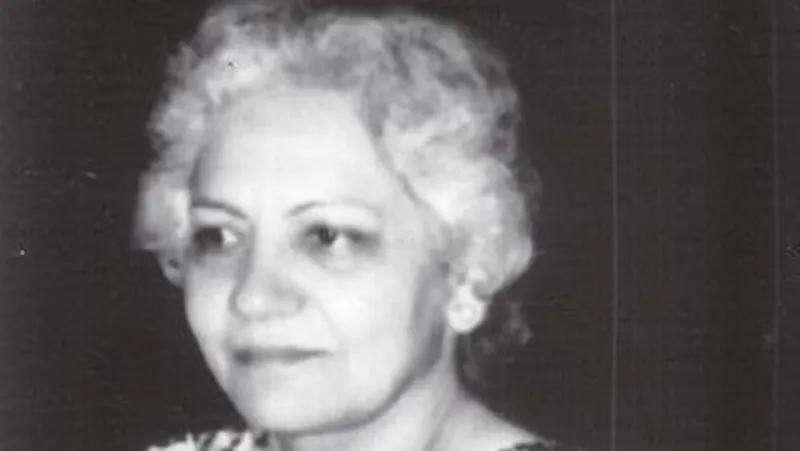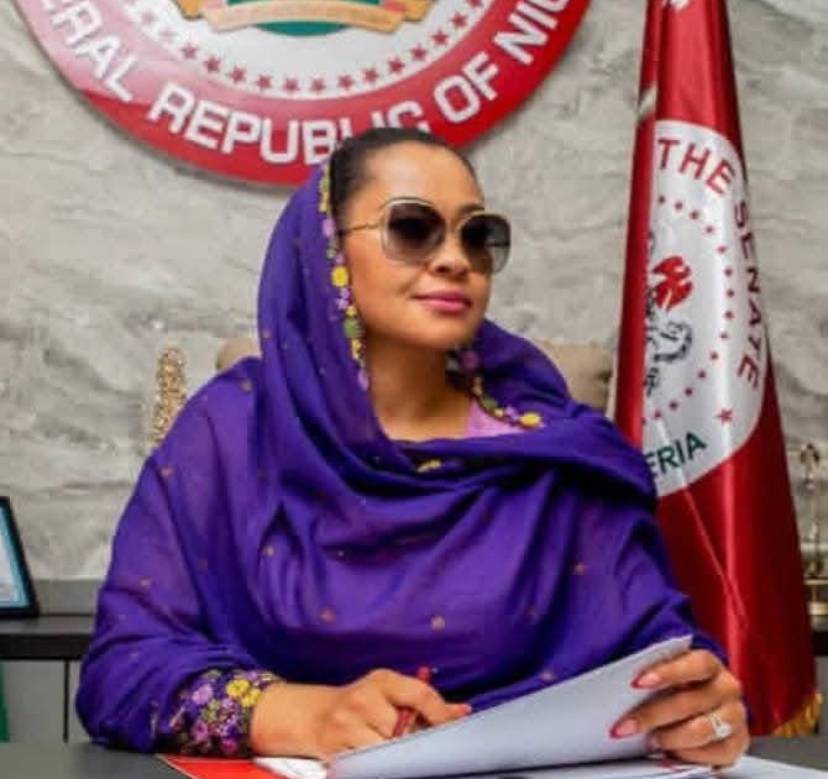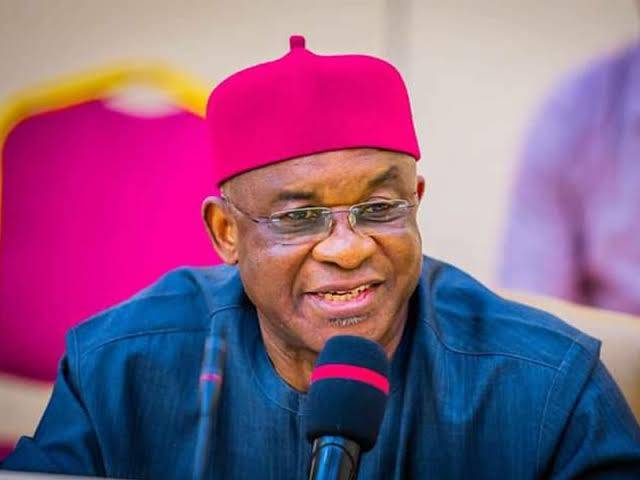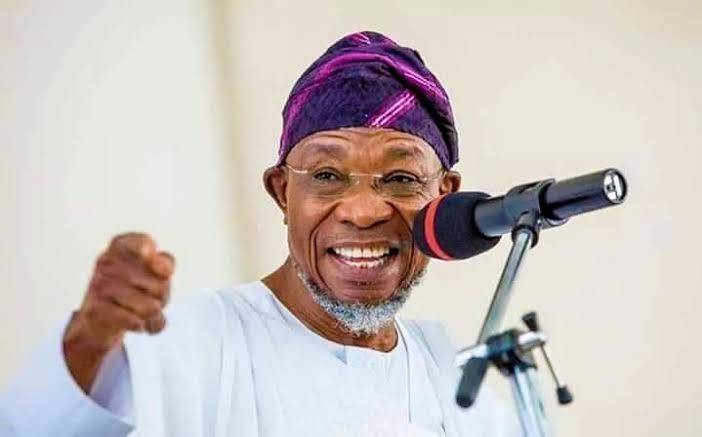Participants at the Chartered Institute of Stockbrokers (CIS) 2021 Performance Scorecards and Vision for 2022 held recently in Lagos, have stressed the need for the Federal Government to intensify efforts towards tackling the rising insecurity in the country to stem loss of investment and further accelerate post COVID-19 growth.
These, coupled with the 10 per cent capital gains tax on the sale of shares, according to provisions of the signed Finance Act 2021, have constituted disincentive to the stock market.
In a paper titled: “The Nigerian Economic Review for 2021 and Outlook for 2022, the institute identified insecurity as a major impediment to ease of doing business and economic growth, stating that this must be addressed to propel optimal market and economic performance in 2022.
Presenting the Institute’s position, the Chairman, Research and Technical Committee, Akeem Oyewale explained that the economic outlook for 2022 was predicated on government’s timely efforts and interventions to put insecurity across the country under control, especially with the 2023 election around the corner.
According to him, if the problem of insecurity as well as issues surrounding election violence and uncertainties are tackled, the capital market and the economy would be impacted positively.
“This year will have most of its part devoted to campaigns. This is the biggest risk factor in 2022. But there will be no major economic consequences if we manage it very well. If we ensure smooth and tidy preparations to that effect, it would impact positively on the economy.”
He urged the government to expunge the 10 per cent capital gain tax for sale of shares, noting that imposing such tax at this time does not augur well for the market.
In addition, Oyewale called on the government to ensure that the philosophy of building a private sector-led economy as enshrined in the National Development Plan is strictly adhered to.
To this effect, he argued that the Central Bank of Nigeria (CBN) should put the effects of its monetary and fiscal policies on the capital market into consideration when making its policy decisions.
He said: “In consideration of its role as the lead driver of the capital market, the CBN and banks should take a more liberal position in granting more trading facilities to securities dealers this year. ”
Oyewale stressed the need for stockbrokers to develop and explore other business areas such as fixed income and commodities market, aside equities, to boost their portfolio and remain relevant in the industry.


